The views expressed in our content reflect individual perspectives and do not represent the authoritative views of the Baha'i Faith.
Film as dream, film as music. No art passes our conscience in the way film does, and goes directly to our feelings, deep down into the dark rooms of our souls. – Ingmar Bergman
“Before I can live with other folks I’ve got to live with myself. The one thing that doesn’t abide by majority rule is a person’s conscience.” – Atticus Finch, in Harper Lee’s To Kill a Mockingbird
“Ilsa, I’m no good at being noble, but it doesn’t take much to see that the problems of three little people don’t amount to a hill of beans in this crazy world.” – Humphrey Bogart as Rick Blaine in Casablanca.
I used to teach film studies at a university, and each semester I would ask my students: Which English-language films would you nominate as the greatest movies of all time?
I’ll just pause a minute here while you mentally compile your list. Take your time…
As you might imagine, that question has been asked before. Many, many polls have posed it, and it’s a common conversation-starter at parties, too. I learned from my students that people tend to reliably name a relatively small handful of great movies to their list: Casablanca; To Kill a Mockingbird; Ingmar Bergman’s The Seventh Seal; The Wizard of Oz; Doctor Zhivago; It’s a Wonderful Life; Schindler’s List; The Godfather; and Star Wars.
You probably have your own list, and it’s likely it includes at least one or two of these perennial favorites. But here’s my central question for you: what single theme do the vast majority of all great films have in common? Any guesses?
Here’s my answer: these nine truly great movies—every one of them, and most of the others we call great, as well—focus primarily on the human conscience. They each feature a hero, or an anti-hero, who has to face a tough inner challenge, an essentially moral and spiritual choice that determines their fate and their future. That theme is what makes these films truly great.
In Casablanca—which audiences reliably name as the best film of all time in survey after survey—the main character Rick has to decide whether to resume his great love for Ingrid Bergman’s character Ilsa, or to overcome his cynicism and follow his conscience by sending Ilsa and her husband, the resistance leader Victor Laszlo, to continue their fight against the Nazis. This inner struggle defines the characters, the film and the entire period in history.
In To Kill a Mockingbird, often called the best-loved movie ever made, the main character Scout narrates the story of her father Atticus Finch, who acts on his conscience to defend a wrongly-accused black man in court. Finch realizes that his defense of the man puts him afoul of his bigoted Southern town’s public opinion, but he represents him because he knows he is doing the right thing.
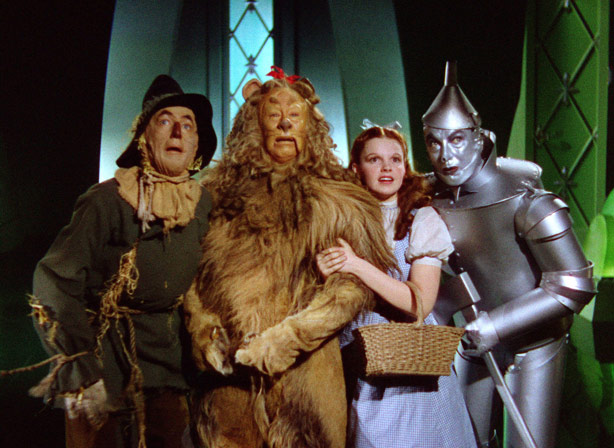 In The Wizard of Oz, Dorothy helps and befriends her companions on the Yellow Brick Road because of the dictates of her conscience, and then succeeds in defeating the Wicked Witch only with their help.
In The Wizard of Oz, Dorothy helps and befriends her companions on the Yellow Brick Road because of the dictates of her conscience, and then succeeds in defeating the Wicked Witch only with their help.
We can’t help ourselves—films that ask us to question our own conscience, or empathize with a character in the middle of a crisis of conscience, go right to the heart of our deepest human concerns, and we watch them with fascination and rapt attention.
You get the picture—the greatness of a film depends on its resonance with our moral principles, on its appeal to the inner faculty of the human conscience. We’re powerfully attracted to works of art—films, novels, plays, TV shows, even comic books and video games—that deal with the moral choices we have to make in life. That’s just part of the privilege and the dilemma of being human—we all make moral choices, try to determine right from wrong, and feel ourselves consistently called to a higher spiritual plane by our ever-present conscience.
In fact, that’s what separates us from the rest of creation—if you’re a psychologically healthy, normal human being, you have a conscience. That inborn sense of right and wrong functions as a moral arbiter built directly into your mind and soul. Great films, and all great art, testify to the existence of this spiritual reality in our species.
Don’t believe it? Try thinking about it this way: can you imagine an animal making a moral decision? Do birds or fish or even the higher primates possess a moral compass? Can an animal develop and follow inner rules of morality, or choose between good and bad, or create a moral civilization? Probably not, most scientists would say. Instead, animals have hard-wired instincts that focus on survival and the extension of their species, but not the finely-tuned conscience that even a child usually develops.
In this series of essays we’ll examine the human conscience; try to comprehend how it works; and explore what it means. We’ll ask that interesting question about a potential conscience in animals; discuss the spiritual roots of conscience in humans; and try to determine what having a conscience suggests about our inner lives. The writings and teachings of the Baha’i Faith have a deep, fascinating perspective on the subject, so we’ll follow their lead, and using their wise counsel and insight, attempt to understand what our collective conscience calls upon us all to do in this new age:
The call of the Kingdom has been sounded, and the annunciation of the world’s need for Universal Peace has enlightened the world’s conscience.
My hope is that through the zeal and ardour of the pure of heart, the darkness of hatred and difference will be entirely abolished, and the light of love and unity shall shine; this world shall become a new world; things material shall become the mirror of the divine; human hearts shall meet and embrace each other; the whole world become as a man’s native country and the different races be counted as one race. – Abdu’l-Baha, Abdu’l-Baha in London, p. 37.
You May Also Like
Comments



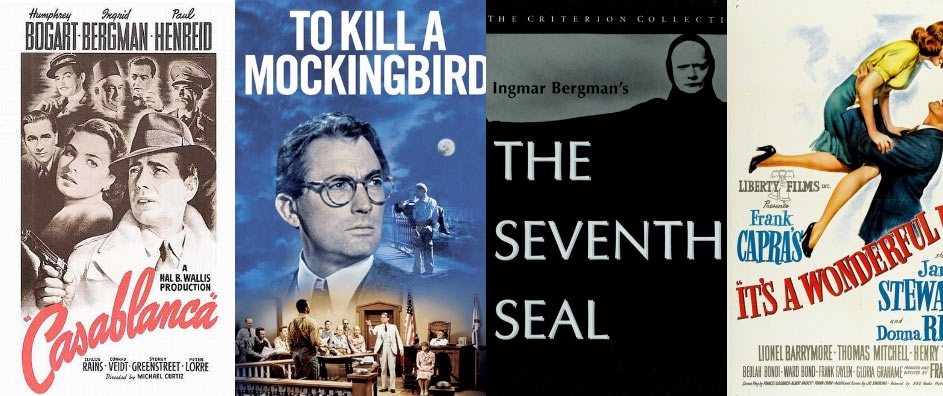

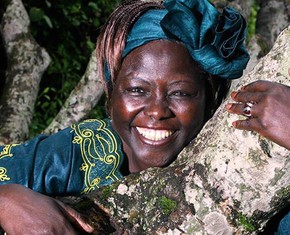

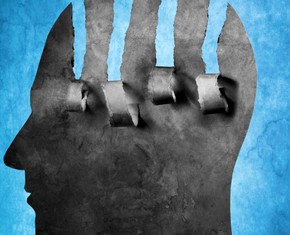



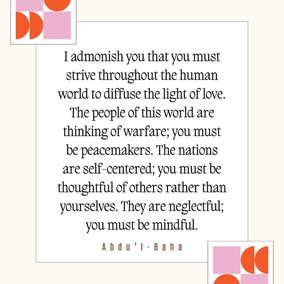
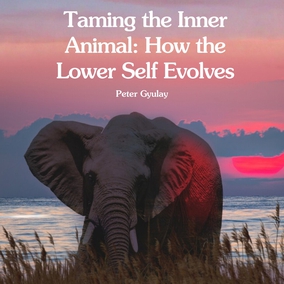
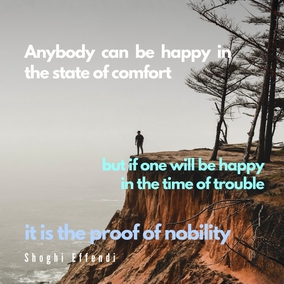
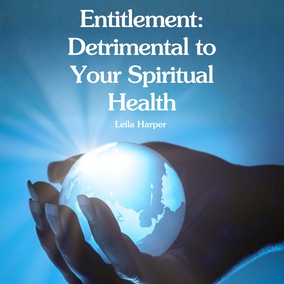
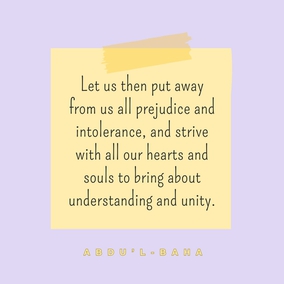

From what I've read, "Citizen Kane" is consistently recognized as the best film of all time -- so I was a bit surprised to not see it on this list. As for my personal choice for best movie off all time -- I say it's a tie between "2001: A Space Odyssey" and "Apocalypse Now."